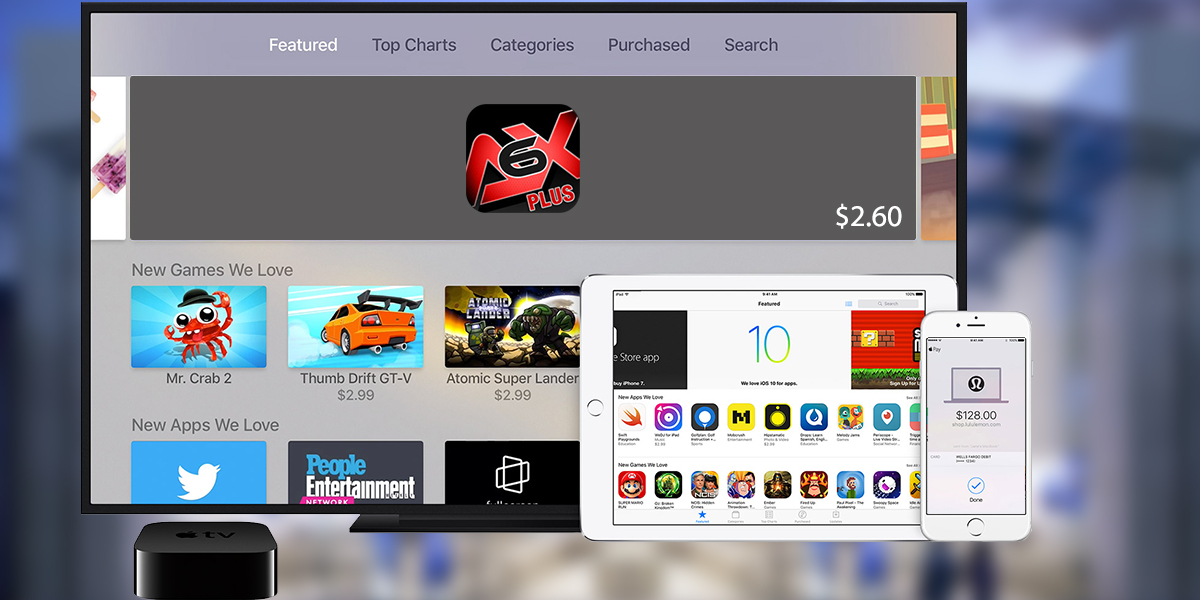Apple’s App Store Refund Policy Makes Developers Unhappy
- Updates
- December 16, 2016
Part of the App Store policy set by Apple refers to giving refunds to customers who download an app and then see that it’s not at all like they expected it to be. It seems pretty commonsensical to expect an app to do exactly what it says in the description, but sometimes this is not the case, and here is where the refund policies carried out by Apple become very useful.
However, the developers in Korea are extremely dissatisfied with the manner in which Apple takes care of this refund policy. As it seems, some gamers have been taking advantage of the refund system in order to play free games, and the company is not doing anything about it. The Korea Times has made public a report in which it showed that the tech giant has complete control over who received refunds for mobile content (gaming apps, for example) and only they decide who gets a refund and who doesn’t.
Under the umbrella of protecting consumer rights, Apple refuses to give out any information about which users requested and then received a refund for what apps in particular. This leaves developers with no other option than to manually search for the users and to check if they are still using the content they received some refunds for.
But how does it actually happen? It seems that the process is really simple. The gamers normally download and pay for the app and for other purchases they make inside of it, and then ask for a refund. The refund is automatically granted without any other question, and so they end up playing the game for free, since they get all their money back.
The major downside of this is that the developers are constantly losing money through this loophole in Apple’s management of the policy. One particular developer, Flint, declared that they had around 300 people who used this error in their favor.
According to the Terms of Service published by the Apple, any transaction that takes place through the iTunes Store and App Store is final. Even so, Apple said that they reserve the right to refund a person if there are technical problems or a delay in the delivery of the content. Moreover, it says that the company can refuse any refund request if there is evidence that it is a fraud, an abuse or a manipulation to which Apple can raise a counterclaim.
As such, it results that Apple should investigate who receives a refund and who doesn’t, but for now it looks like they just gave refunds to anybody who asked, without double checking. Back in 2014, the company used a no-questions-asked return policy which was valid two weeks after a user downloaded the app, applicable only in the European Union. There is a possibility that Apple decided to go on with this policy in other areas too, but users may not be aware of this.
A major problem here is that the public doesn’t know exactly how do these customers claim a refund from the company and what reason are they invoking, but the developers who talked to Korea Times said that this is a huge issue for them. Besides losing money, they also waste time on tracking down the users who asked for a refund without a serious reason and check if they are still using the app and others content they might have bought.
On the other hand, if the abuse allegations issued by several game studious will turn out to be true, this might become a serious problem for Apple. If some limited abuse cases can be a less major problem and Apple might deal with it later on, the intentional use of free things available on the App Store is really important and will require a short-term change and a quick solution, before other users take advantage of this loophole.
Meanwhile, other four Korean studios declared that they started to analyze data in order to find the users who asked for refunds in a repeated manner, and they eventually blocked them. However, without any help coming from Apple, this is a long and tough process to follow for the iOS developers. Moreover, the damage does not resume only to the developers, but Apple’s image might be seriously affected, together with their developer’s community.
Conclusion
To sum up, Apple is dealing with a potentially serious issue right now, and they offered no official explanation until now. Apple fans are curious to see how the company will react to this and what measures they will take in order to satisfy both the fans and the app developers.













